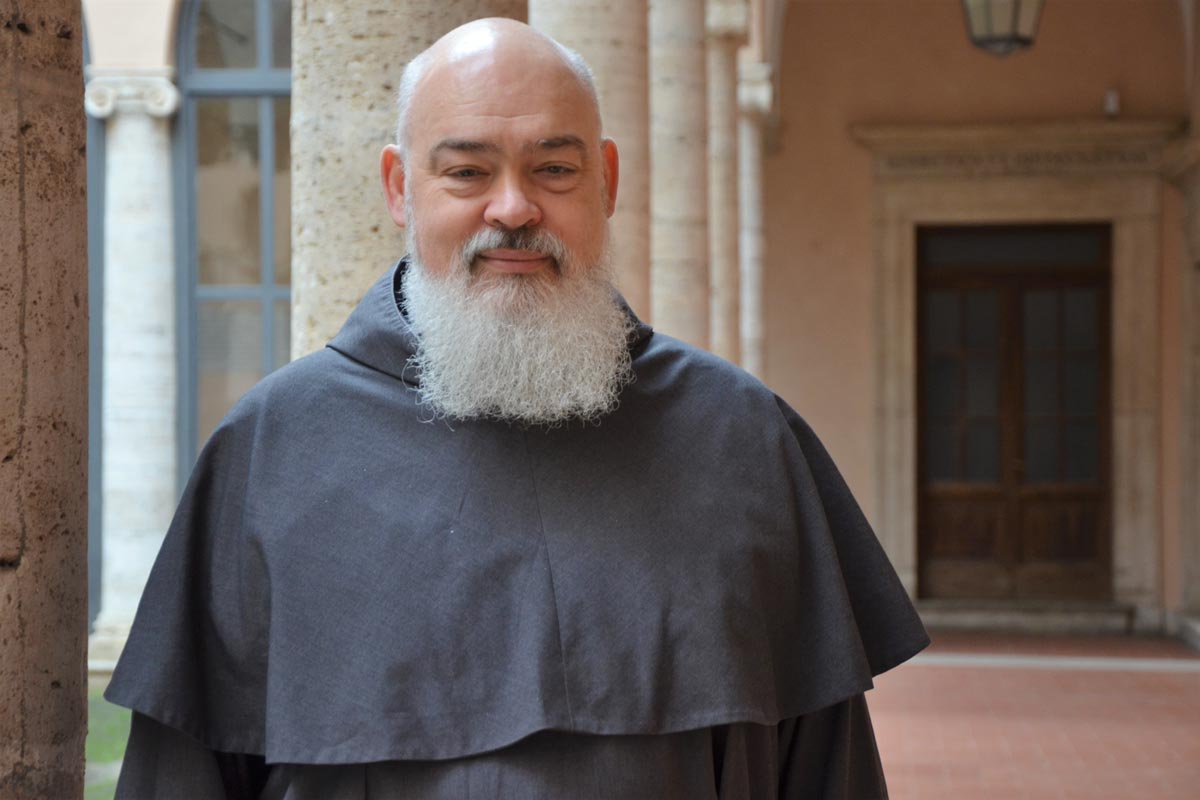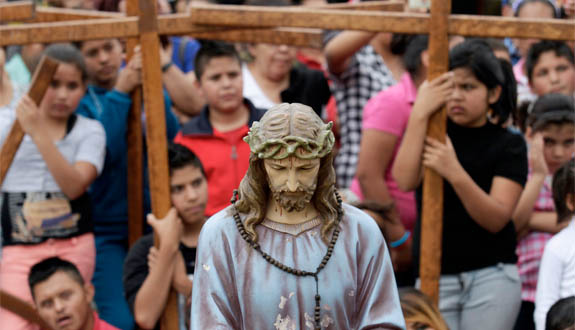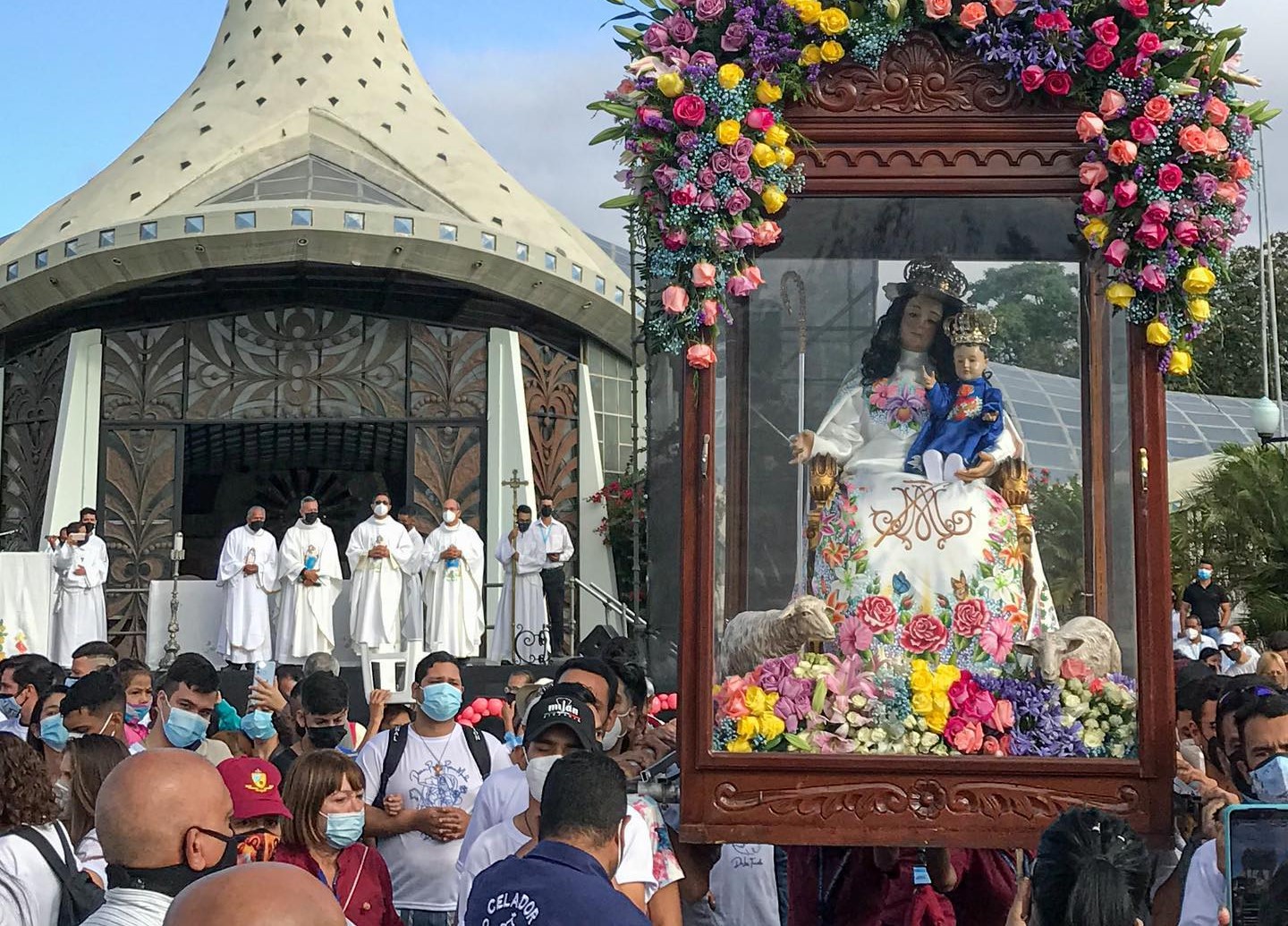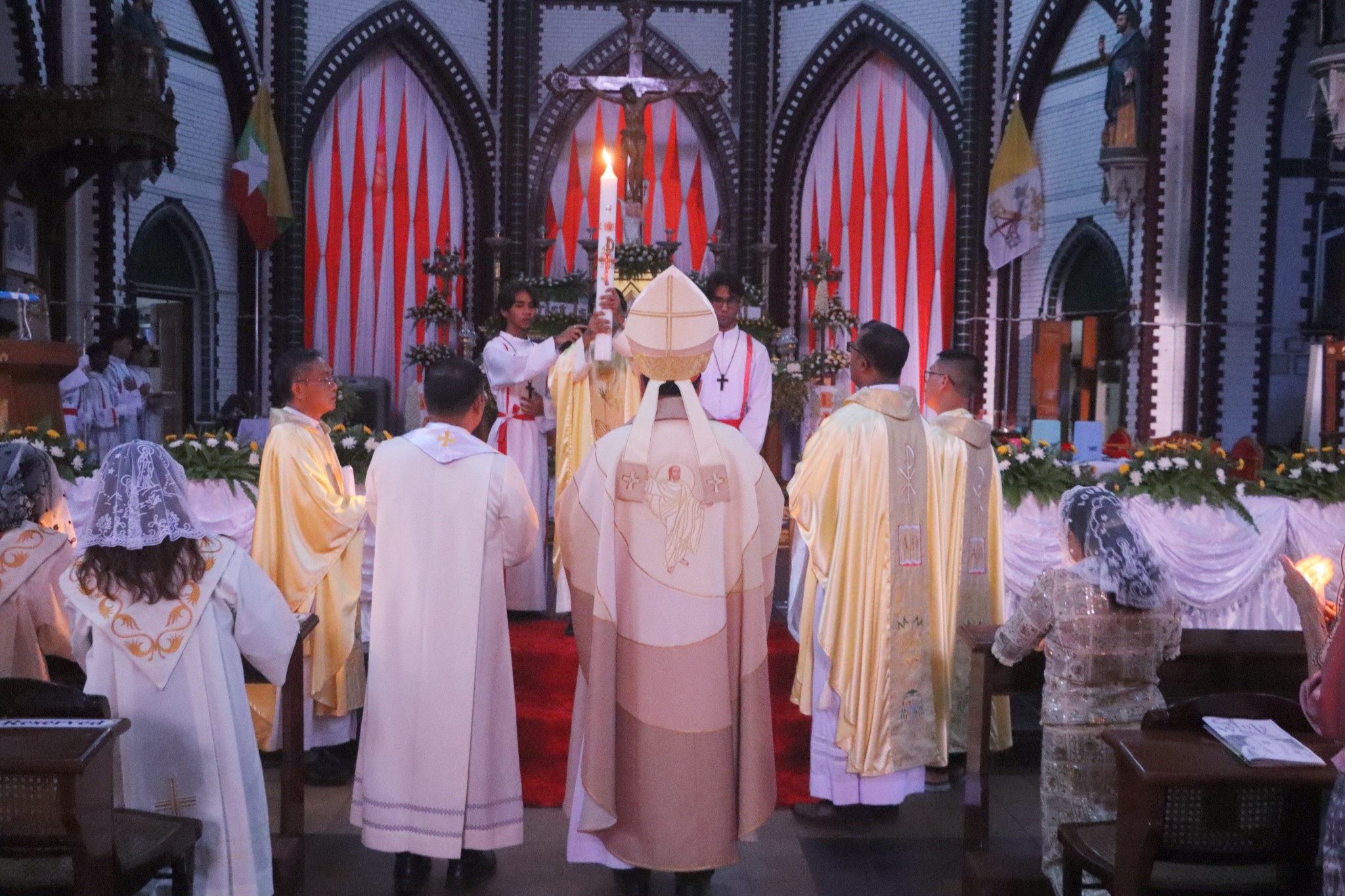Dominique Joseph Mathieu, Archbishop of Tehran and future Cardinal
Joaquim Magalhães de Castro
Since his appointment as Archbishop of Tehran, the Conventual Franciscan Dominique Joseph Mathieu – who will be ordained Cardinal by Pope Francis on December 7 – has had the opportunity to get to know the Iranian people quite well, and that is why, at this time of extreme conflict in the Middle East, he calls for a definitive abandonment of “the aspiration to assert our supremacy” and for a stop to “investing time, energy and resources in techniques and strategies that distance us from the light”, because only in this way can we hope to re-establish lasting peace in the Middle East and in the world.
In a recent statement to the Fides news agency, Archbishop Mathieu reminds us of Pope Francis’ constant appeals and the urgency of putting an end to wars, which only bring “death and darkness”. It is time to face conflicts with courage and transparency, because only through “authentic encounter with others” can “the spark of fraternity emerge in our common home, which God, made by love, has entrusted to us”, says the Belgian prelate.
Dom Joseph Mathieu considers the Iranian people to be among the most welcoming in the world, but unfortunately they are still struggling to find a fair place on a global level. In fact, the cleric himself, when asked at a recent synodal assembly about the continental zone in which the diocese he is responsible is located, did not know quite what to answer. Iran is not at all (contrary to what many people think) a country with an Arab culture, nor is it an Asian country in a strictly sense; however, everyone is looking at it with growing curiosity because it is increasingly part of the renewed “Silk Road”. Iran is rich in resources; not only natural resources, such as oil and gas, but also undeniable intellectual assets.
Archbishop Joseph Mathieu concludes that only by walking together, “despite our differences”, can we be true witnesses of peace. And it is not enough to simply dream of such a goal: “let us build it with concrete actions of reconciliation and unity”. The Archdiocese of Tehran-Isfahan is responsible for the pastoral care of all Latin Rite Catholics in Iran – approximately two thousand – who are divided into four parishes and are mostly foreigners living in the country. There is also a significant number of faithful linked to the Chaldean Catholic Church and the Armenian Catholic Church. The problem with this whole issue, which is now daily news in the global media, is that in the Western world a preconceived view still prevails that reduces Iran – a nation full of contrasts and diversity – to a conglomeration of “people with long beards and women in chadors”.
Bishop Joseph Mathieu draws attention to an entire population that suffers “because of the economic embargo and Western sanctions in force, which continue to cause serious problems”. And this happens despite the fact that Iran has already signed substantial 25-year agreements with China and is now a full member of the BRICS, an organization that is increasingly relevant on a global level. The Belgian Archbishop believes that with the new president Masoud Pezeshkian there will also be increasing attempts “towards greater dialogue and rapprochement with the West”.
The issue of religious freedom always comes up when Iran is discussed. As a rule, non-Shiite Muslims are classified as a single ethnic group and, consequently, associated with a particular religion. But the truth is that – as Bishop Joseph Mathieu points out – “the Latin Church itself, composed largely of Asian migrants, cannot be classified as a single ethnic group and is usually associated with embassy staff or foreign migrant workers”. In terms of inter-religious dialogue, especially with Shiite Islam, there is a tradition that dates back at least five centuries and is still alive today. And this is largely thanks to the clergy and religious people linked to the University (and seminaries) of the city of Qom, who continue to promote regular contacts with various religious institutions or Catholic theological faculties.
“However”, the Archbishop recalls, “difficulties remain”. For example, with regard to the definition of religious authority: within Iranian Shiism, unlike the Catholic Church, authority it is not linked to a “divine call” (i.e., a vocation), but rather to progress, “a journey in relation to completed studies and activities, in accordance with a growth that is totally different from ours”.
Having lived in Belgium in a Muslim neighborhood, and also for a considerable period of time in Lebanon, Archbishop Joseph Mathieu realized that although for many, “theological dialogue” can be seen as a “weakness”, there are immense points of agreement with those addressed by the Holy Father in the encyclical ‘All Brothers’, in terms of our ‘common home’, in the cry of the poor, in environmental issues – in everyone and everything. In these areas we can find fertile ground, because these are also a concern within the Muslim world.


 Follow
Follow


